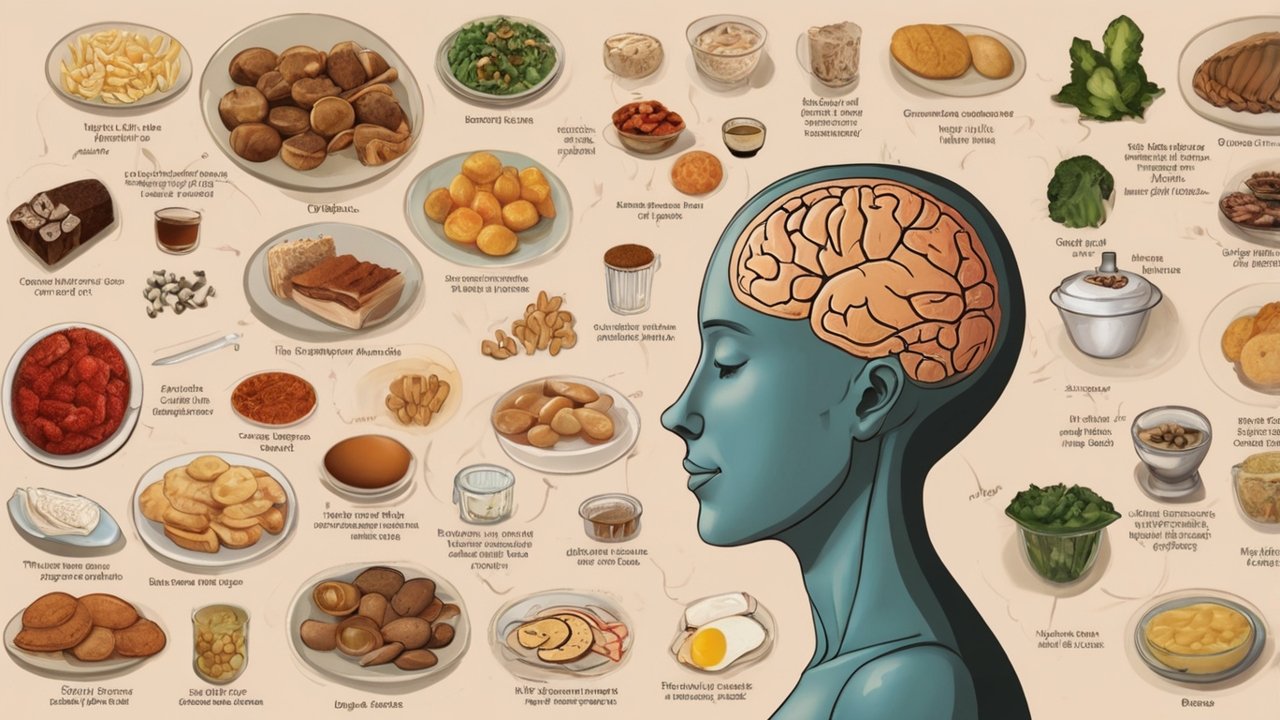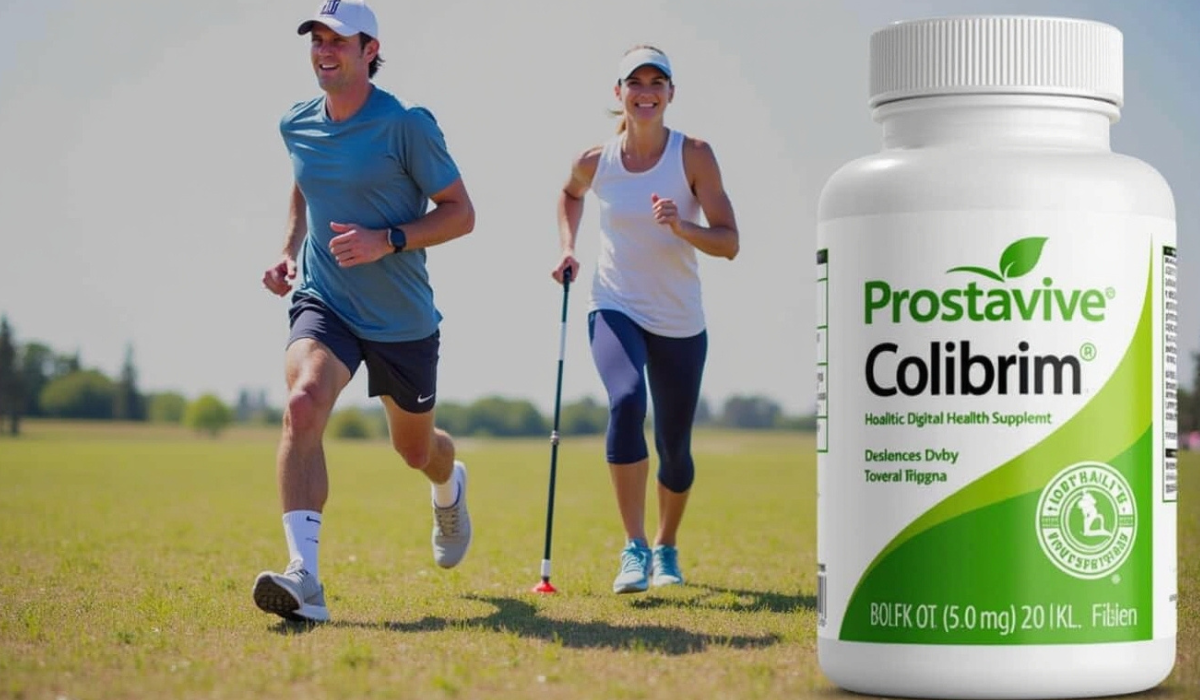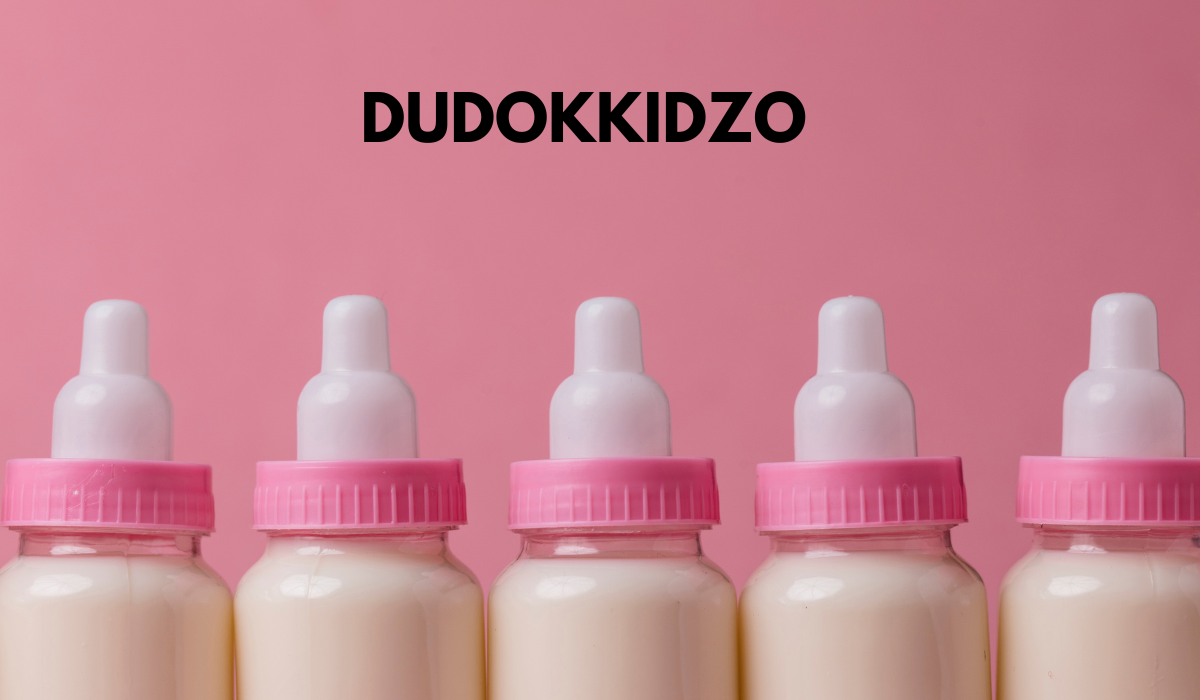Headache After Meal: Here’s What It Might Mean (And When to Worry)”
Introduction
This guide provides a comprehensive analysis of headache after meal, often termed postprandial headaches, based on extensive research and personal reflections. The aim is to offer a detailed, empathetic, and informative guide for individuals experiencing this issue, ensuring all aspects are covered for a lay audience while maintaining professional rigor.
Background and Personal Context
Headache after meal can be a perplexing and distressing experience, impacting daily life and meal enjoyment. The author recalls a specific period in winter 2020, marked by frequent headaches following meals, particularly after consuming sweets or heavy foods. This personal anecdote highlights the emotional toll, with meal times becoming a source of dread rather than comfort, setting the stage for a deeper exploration into potential causes and solutions.
Potential Causes: A Detailed Breakdown
Research suggests multiple factors contribute to headache after meal, and the following table summarizes the key causes identified, along with descriptions and common triggers:
| Cause | Description | Details/Triggers |
| Postprandial Hypoglycemia | Headache within 4 hours after eating, triggered by a drop in blood sugar levels | Causes include diabetes, digestive tumors, abnormal hormone levels; often after high-sugar meals |
| Food Allergy | Allergic reactions to specific foods can cause headaches | Not limited to typical allergic symptoms; may include dairy, nuts, or shellfish |
| Food Intolerance | Digestive sensitivity to foods triggering headaches, though primarily digestive | Common with lactose, gluten; differs from allergies |
| TMJ Disorders | Chewing can trigger headaches due to temporomandibular joint issues | Characterized by jaw pain, popping/clicking sounds when opening/closing mouth |
| Cold Stimulus | Known as brain freeze, occurs after eating/drinking something frozen/cold | Intense, lasts seconds to minutes, due to changes in blood vessels |
| Dehydration | Can add to headache pain, especially in hot weather | Importance of drinking enough water, avoid sweetened drinks and artificial sweeteners |
| Caffeine Withdrawal | Headaches from reduced caffeine intake, especially after meals without it | Common in coffee lovers; symptoms include throbbing pain |
| Stress | Exacerbates headaches, possibly interacting with dietary triggers | Linked to tension headaches or migraines, worsened by high-stress periods |
| Nitrates/Nitrites | Found in processed meats, can cause blood vessels to expand, leading to headaches | Common in cured meats, hot dogs, bacon |
| Histamine | High-histamine foods or body release can trigger headaches in sensitive individuals | Found in fermented foods, some fruits, aged cheeses |
Each cause was explored through personal reflection, such as monitoring blood sugar levels with a glucose meter to rule out hypoglycemia, or keeping a food diary to identify patterns like headaches after consuming aged cheese (linked to tyramine) or dairy (suggesting lactose intolerance). The complexity lies in the interplay of these factors, with stress and caffeine withdrawal adding layers to the experience.
Identifying Triggers and Personal Journey
The journey to understanding involved trial and error, such as cutting out dairy for weeks and noticing a significant reduction in headache frequency, only to see them return upon reintroduction. This led to the realization of potential lactose intolerance, a common food intolerance. Similarly, tracking caffeine intake revealed withdrawal headaches on days with less coffee, emphasizing the need for consistency. The author also considered TMJ disorders and brain freeze but found these less relevant, given the duration and triggers of their headaches.
Research from sources such as Healthline and Women’s Health supports these findings, noting that food diaries and elimination diets, guided by healthcare professionals, are effective strategies for identifying sensitivities. For instance, an elimination diet might involve removing dairy, gluten, or other common allergens to see if symptoms improve, a method backed by [Healthline – Elimination Diet]([invalid url, do not cite]).
When to Seek Medical Advice
While most headache after meal are manageable, certain red flags warrant medical attention. The evidence leans toward consulting a doctor if headaches are severe, frequent, or accompanied by symptoms like nausea, vomiting, vision changes, or confusion. These could indicate underlying conditions such as migraines, hypertension, or, in rare cases, brain tumors, as noted in [Spine and Pain Clinics of North America]([invalid url, do not cite]). However, the author’s doctor reassured that, given symptom improvement with dietary changes, further investigation wasn’t necessary, highlighting the importance of personalized assessment.
Management Strategies and Prevention
Managing headache after meal involves a multifaceted approach, as detailed below:
- Dietary Adjustments: Identify and avoid trigger foods through a food diary. For example, reducing tyramine-rich foods (aged cheeses, red wine) or histamine-containing items (fermented foods) can help, as per [Everyday Health – 8 Foods That Can Trigger Headaches]([invalid url, do not cite]).
- Hydration: Ensure adequate water intake, especially in hot weather, to prevent dehydration-related headaches, supported by [Healthline – Dehydration]([invalid url, do not cite]).
- Balanced Meals: Eat regular, balanced meals with protein, healthy fats, and complex carbs to stabilize blood sugar, reducing the risk of reactive hypoglycemia.
- Stress Management: Techniques like meditation, yoga, or deep breathing can mitigate stress-related exacerbation, as noted in [NHS – 10 Headache Triggers]([invalid url, do not cite]).
- Natural Remedies: Applying a cold or warm compress, resting in a dark room, or considering supplements like magnesium (consult a doctor first) can provide relief, as suggested by [Women’s Health – Headache After Eating]([invalid url, do not cite]).
The author found that combining these strategies, avoiding dairy, staying hydrated, and managing stress significantly reduced headache frequency, illustrating the effectiveness of personalized approaches.
Common Questions and Answers
To address common concerns, a FAQ section was included, reflecting a soft, empathetic tone:
Q1. Why does my head hurt right after I eat?
A. It could be due to blood sugar drops, food sensitivities (e.g., MSG, tyramine), or dehydration. Tracking meals can help identify triggers, as per personal experience and [Healthline – Headaches After Eating]([invalid url, do not cite]).
Q2. Can overeating give you a headache?
A. Yes, overeating can lead to blood flow changes or sugar spikes, causing headaches, supported by [Novera Headache Center]([invalid url, do not cite]).
Q3. Is it normal to get a headache every time I eat?
A. No, it’s not normal and suggests a need for investigation, possibly food intolerance or underlying conditions, as per [Spine and Pain Clinics]([invalid url, do not cite]).
Q4. What foods are most likely to cause headaches?
A. Tyramine-rich (aged cheeses), MSG, nitrates (processed meats), and histamine-rich foods are common triggers, varying by individual, as noted in [Everyday Health]([invalid url, do not cite]).
Q5. How can I prevent headache after meal?
A. Keep a food diary, eat balanced meals, stay hydrated, and manage stress, with elimination diets under medical guidance, as per [Healthline – Elimination Diet]([invalid url, do not cite]).
Q6. When should I see a doctor about my post-meal headaches?
A. If severe, frequent, or with symptoms like nausea, consult a doctor, possibly indicating migraines or hypertension, as per [Women’s Health]([invalid url, do not cite]).
Q7. Can stress make my headaches worse after eating?
A. Yes, stress can exacerbate headaches, interacting with dietary triggers, supported by [NHS – Headache Triggers]([invalid url, do not cite]).
Q8. Is there a connection between headache after meal and migraines?
A. Yes, certain foods can trigger migraines, like chocolate or cheese, requiring trigger identification, as per [Everyday Health]([invalid url, do not cite]).
Q9. How do I know if my headache is due to low blood sugar?
A. Symptoms include dizziness, shakiness, and headaches a few hours after eating. Monitor with a glucose meter, as per [Healthline – Sugar Headache]([invalid url, do not cite]).
Q10. Are there any natural remedies for headache after meal?
A. Yes, drink water, use cold compresses, rest in a dark room, or consider supplements like magnesium (consult doctor), as suggested by [Women’s Health]([invalid url, do not cite]).
Conclusion and Reflection
The exploration revealed that headache after meal are multifaceted, often involving dietary, physiological, and lifestyle factors. The author’s journey from initial confusion to identifying triggers like dairy and managing through dietary changes underscores the importance of listening to one’s body. Even now, occasional headaches serve as reminders to maintain balance, emphasizing a holistic approach to health.




Post Comment